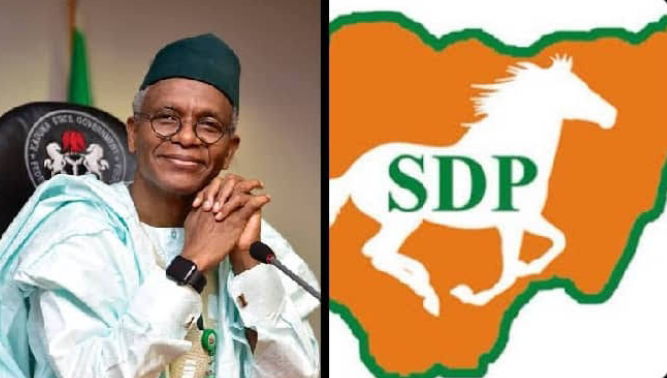Nigeria: Anti-Corruption fight focuses on judiciary
Published on 2016 March 9, Wednesday Back to articlesThe judiciary has come under the spotlight in the Nigeria anti-corruption campaign in recent weeks, Nigeria Politics & Security reports. This new focus is coming on two fronts, a re-opening of a corruption case for which no Nigerians were prosecuted despite a 2010 investigation naming a number of high profile figures as linked to the corruption, and investigations into payments made by lawyers to judges. The latest focus is likely to target a number of powerful individuals, making it a risky investigation in the ongoing Nigeria anti-corruption war.
Minister of Justice and Attorney General of the Federation Abubakar Malami said on 29 February that the government will re-open a probe into the Halliburton bribery scandal. Five senior lawyers are said to be under scrutiny over the US$12 million collected as legal fees for negotiating with indicted companies to pay fines totaling US$200 million.
The attorney general has said that in the latest investigation, both civil and criminal charges may be pressed against those indicted. The Halliburton bribes were taken by top government members between 1994 and 1998 from five major companies that were awarded US$6 billion for the construction of gas trains in Bonny Island in Rivers State for the Nigerian Liquefied Natural Gas Company (NLNG).
A 2010 Nigerian government investigation named three Nigerian presidents, a vice-president, a minister, intelligence chiefs and top corporate personalities as having benefitted from the Halliburton bribery scandal but no one has been prosecuted over the allegations in Nigeria. The attempt to re-open investigations could ruffle a lot of powerful feathers if pursued.
The Economic and Financial Crimes Commission (EFCC) – which is already prosecuting a Senior Advocate of Nigeria (SAN), Ricky Tarfa, for bribing federal judge Mohammed Yunusa – has also accused another senior lawyer, Joseph Nwobike (SAN) of bribing the same judge and another judge in the Port Harcourt division of the Federal High Court, Justice H.A. Nganjiwa.
Nwobike claims that a cash gift paid to Nganjiwa was not meant as a bribe but was to help him, as he had requested assistance for his mother, who was undergoing dialysis treatment. This case, besides raising the corrupt relationship between judges and senior lawyers, also raises the issue over the level of pay Nigerian judges receive, thus making them more open to corrupt practices.



